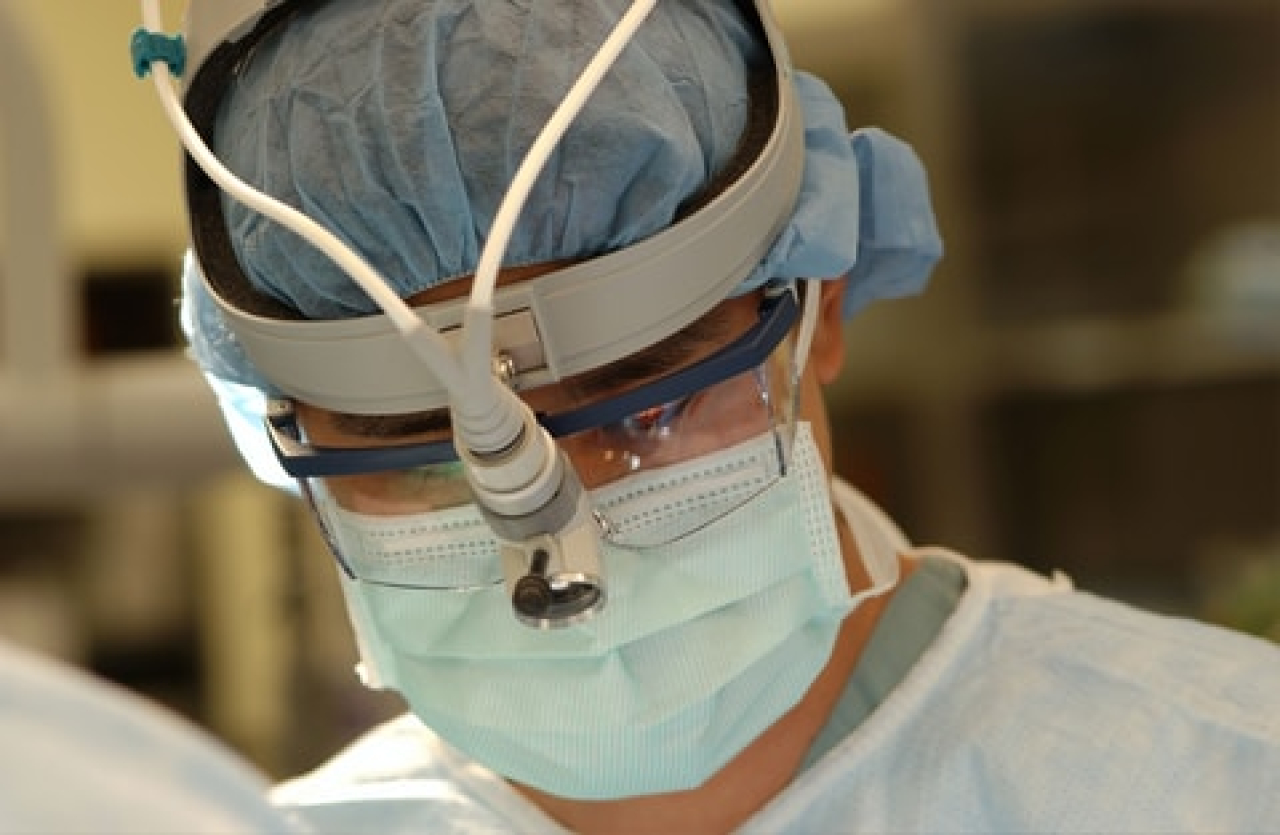
Get the Right Care

Community Involvement
Can you Have a Baby After Gastric Sleeve Surgery?
Are you someone who has had bariatric surgery, like a gastric sleeve procedure, and is wondering if it will create issues for a potential pregnancy?
If so, then you will be relieved to know that most women who get pregnant after weight-loss surgery have a complication-free pregnancy and delivery.
As with any pregnancy, the risks of complications can never be completely eliminated, however, a past bariatric surgery does not create additional risks for you or your baby.
It takes significant time for the body to recover from a bariatric procedure, and the major weight loss it initiates could continue for many, many months. Of course, this weight loss depends on your start point and your end goal, but its effects on the body are major and long-lasting.
If you have gone through a weight loss surgery, it is recommended that you wait 12 to 18 months after surgery,and until your weight loss has stabilized, before getting pregnant to minimize the risk of complications. That said, it should be noted, many women have had babies safely before being 12 months removed from their bariatric surgery.
Absolutely. Women with a high body mass index (BMI) are more likely to have gestational diabetes, high blood pressure and babies with higher birth weights. So, rather than increasing a pregnancy's risks, the dramatic weight loss that results from bariatric surgery can actually help you have a safer pregnancy.
As soon as you know you are pregnant, make sure to talk to your health care to get the best possible advice. This includes the team that performed your weight-loss surgery, your midwife and/or your primary care physician.
If you have already been discharged by the team that performed your bariatric surgery, you probably have little to worry about, but you should ask your primary care physician if you should contact them nonetheless.
Anyone who undergoes either gastric bypass or gastric sleeve surgery will need pregnancy-specific vitamin supplements, in addition to any other supplements recommended by their doctor.
Folic acid is recommended for all pregnant women up until the twelfth week of pregnancy, however, the dosage could be significantly increased for women who have recently had a bariatric procedure. Be sure to consult your weight loss surgery team and your primary care doctor for specific recommendations about your diet and supplement regime.
In general, women who become pregnant following a gastric bypass or gastric bypass surgery procedure will need:
Regular checks of their levels of vitamin B12, iron, calcium, folate and fat-soluble vitamins
Pregnancy-specific vitamin and mineral supplements
Vitamin D, calcium and possibly iron supplements
Regular blood tests to check nutrient levels in each trimester
Despite all the weight loss in the months following a bariatric procedure, some weight gain during your pregnancy is totally normal. This weight gain is different for all women and is a common concern. If this is one of your concerns, talk to your doctor for advice and support.
Morning sickness and nausea are a common issue, especially in the early stages of pregnancy. But, if you experience vomiting following a bariatric procedure, you should get checked by your physician. Also, severe stomach pain is another sign that you should consult your medical team. Internal hernias with bowel obstruction may occur after gastric bypass.
A glucose tolerance test is normally prescribed for pregnant women with a BMI of over 30 to check for gestational diabetes. But, people who have recently had weight loss surgery are advised against taking these tests, due to the risk of an adverse reaction. Contact the team that handled your bariatric procedure to arrange another type of test or monitoring.
If you are hoping to get pregnant, a past bariatric procedure does not pose significant risks for you or your pregnancy. Especially if you underwent your procedure more than 18 months ago and your weight has stabilized, the risks of associated complications is negligible.
But you should have open lines of communication with your bariatric surgeon and your primary care physician if you are pregnant or planning to become pregnant in the near future. Through questions, consultation and testing, they will be able to tend to any additional health concerns you might have and make sure your pregnancy goes as smoothly as possible.